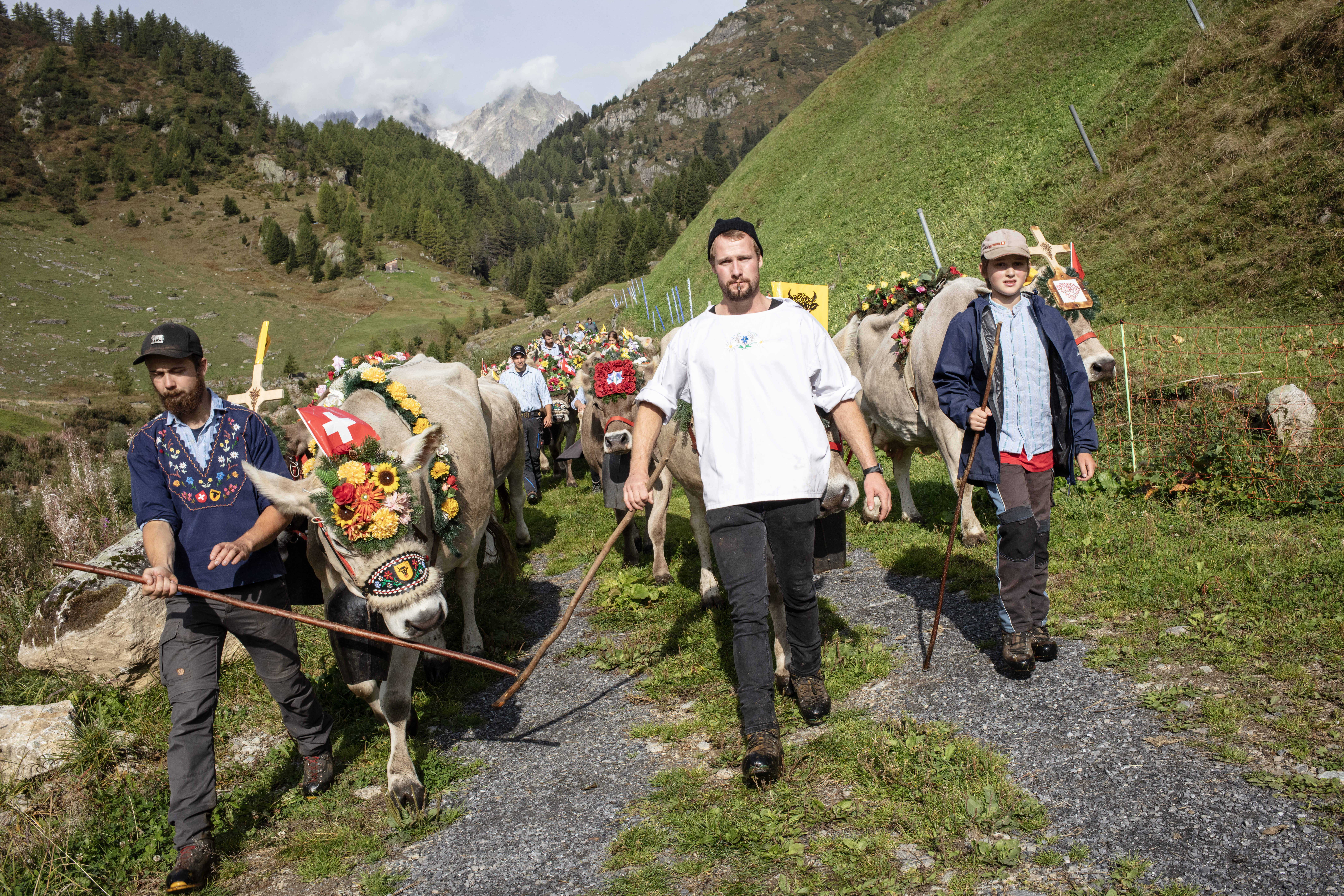
‘Flexibility is key’ in the race to deliver aid after Hurricane Melissa

When Olle Kaidro stepped off the plane in Kingston, Jamaica, on Monday night, Hurricane Melissa had just passed. Humanitarian workers were only starting to grasp the full extent of the damage.
“The city itself is calm,” said Kaidro, a Tallinn-based logistics expert speaking from the Jamaican capital early Tuesday. “But the western part of the island is severely destroyed. Roads have collapsed, beaches are flooded.”
He had arrived to help speed the delivery of relief across a shattered landscape. Melissa tore across the Caribbean last week flattening towns from Saint Lucia to the Dominican Republic and leaving hundreds of thousands without power. For Jamaica, it was the worst hurricane on record, causing at least 67 deaths.
As the International Federation of Red Cross and Red Crescent Societies’ (IFRC) supply chain coordinator, Kaidro is working to deliver shelter materials, hygiene kits, and medical supplies through a relief network battered by the storm.
“Flexibility is key,” he said. “When airports close, we use smaller vehicles and sea routes. Once Kingston Airport reopened, we sent shipments by both charter flight and sea. The main goal is to keep aid moving, no matter what.”
That adaptability reflects a new Red Cross strategy of acting on forecasts, not aftermaths. Across the Caribbean, supplies and fuel sit ready in hubs like Panama for rapid deployment. It’s about staying ahead as storms grow faster and more destructive.
“We have already shipped 64 tons of supplies from Panama,” explains Kaidro. “We had stocks ready, and four more charter flights and five sea containers are on the way.”
Still, Melissa’s speed outpaced even the best-laid plans. “The storm intensified so fast,” he notes. “Even with strong preparedness, there just wasn’t enough time. Next time, we need to act earlier and prepare for the worst.”

Disaster preparedness saves lives
In Bern, Pascal Morf head of the disaster management unit at the Swiss Red Cross says climate change is forcing the aid world to rethink how it prepares and delivers help.
The core principles of readiness for any hurricane may be similar everywhere, he explained, but how those plans work depends on local systems. Responses in the wake of a climate crisis can be state-led, community-driven, or guided by international partners.
“The Red Cross has stepped up significantly its focus and investment in preparedness and anticipatory action, in support of the respective government response,” Morf said. “A stronger, more localised response system is key.”
Over the past decade, new market dynamics and lessons from global crises such as Covid-19 have made supply chains faster and more adaptable, he notes. Aid groups now rely more on local procurement and pre-positioning, with streamlined import systems helping speed up relief and absorb shocks.
“It is promising that there are better and better data and systems in place to predict and prepare for a scenario,” Morf said. “Many governments are implementing preparedness measures more thoroughly. And these measures save many lives.”

Game-changing local expertise
In Cuba, the local expertise was game-changing, according to Yvonne Affolter, humanitarian programme manager with the Swiss Red Cross. When Hurricane Melissa struck, she said, the island’s early warning and evacuation had already come into play.
“In hurricanes of this size, you could easily expect hundreds of casualties, and this did not happen here,” Affolter said. “That is because of the very well-functioning early warning and evacuation system… especially when it comes to evacuating people who are older or who have disabilities. That saved many lives.”
Cuba has so far reported no fatalities in the aftermath of Hurricane Melissa, though severe flooding forced the evacuation of more than 735,000 people in the island’s east.
Affolter was deployed alongside the Cuban Red Cross and the Swiss Humanitarian Aid expert team to help restore safe water in storm-hit communities. She arrived on Saturday. By Monday, she and her colleagues were driving east toward Santiago de Cuba, one of the provinces hardest hit.
“At one point it was like driving through a river,” she said. “Local people were stranded, cars broke down. It was a very impactful scene.”
Fuel shortages made the journey even harder. Most gas stations were empty or closed, and a complex, multi-currency economy added another layer of strain. The team relied on local Red Cross contacts to find fuel and safe passage through damaged areas.
In Santiago, Cuba’s second-largest city, one priority was preventing outbreaks of waterborne disease.
“This team brings mostly technical equipment and expertise to set up huge moveable water bladders that will also provide and help clean an emergency water supply,” for 10,000 people, she explained.
While the system is not a long-term solution, it will provide essential relief in the coming weeks. An added advantage is that it can be dismantled, stored, and reactivated for future crises.
The Swiss experts worked hand in hand with the nearly 50,000 Cuban Red Cross volunteers deployed across the island. They are already running health campaigns in flooded neighborhoods.
“Even in a context this complex,” she said, “you can see how much difference preparation makes.”

Edited by Virginie Mangin/

In compliance with the JTI standards
More: SWI swissinfo.ch certified by the Journalism Trust Initiative































You can find an overview of ongoing debates with our journalists here . Please join us!
If you want to start a conversation about a topic raised in this article or want to report factual errors, email us at english@swissinfo.ch.